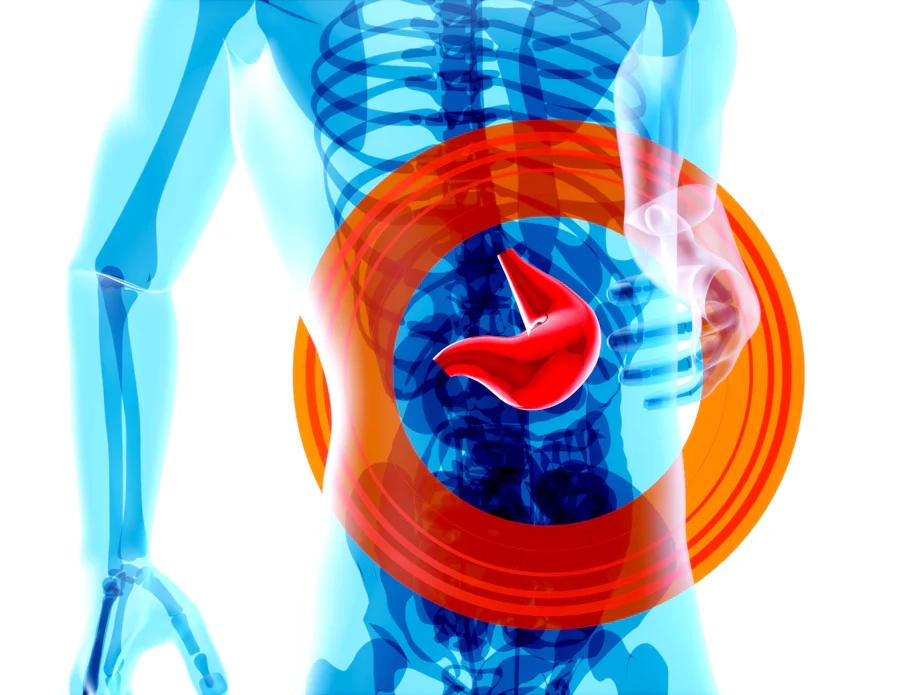As we journey through life, our bodies undergo numerous changes, and the digestive system is no exception. Understanding these changes is crucial for maintaining optimal health and quality of life as we age. Let’s explore the key digestive system changes that occur with aging, their implications, and strategies for managing them effectively.
Physiological Changes in the Aging Digestive System
The digestive system undergoes several significant changes as we age:
- Reduced Digestive Enzyme Production: Our bodies produce fewer digestive enzymes, which can affect our ability to break down and absorb nutrients efficiently.
- Slower Gut Motility: The muscles in our digestive tract may weaken, leading to slower movement of food through the system.
- Changes in Gut Microbiome: The composition of our gut bacteria shifts, potentially impacting digestion and overall health.
Clinical Implications of These Changes
These physiological changes can lead to several digestive issues:
- Increased Risk of Constipation: Slower gut motility and decreased fluid absorption can make constipation more common in older adults.
- Malabsorption: Reduced enzyme production and changes in gut bacteria can lead to difficulties in absorbing essential nutrients.
- Gastrointestinal Disorders: Older adults may be more susceptible to conditions like diverticulosis, gastroesophageal reflux disease (GERD), and inflammatory bowel diseases.
Management and Prevention Strategies
While these changes are a natural part of aging, there are several strategies to manage and even prevent some of the associated digestive issues:
1. Embrace a High-Fiber Diet
Increasing fiber intake can significantly improve digestive health. Aim for a variety of fiber-rich foods such as:
- Whole grains
- Fruits and vegetables
- Legumes
- Nuts and seeds
A high-fiber diet can help prevent constipation and promote a healthy gut microbiome.
2. Stay Hydrated
Adequate hydration is crucial for maintaining proper digestion. As we age, our sense of thirst may diminish, making it important to consciously increase fluid intake. Aim for at least 8 glasses of water per day, adjusting based on activity level and climate.
3. Engage in Regular Physical Activity
Exercise isn’t just good for your heart and muscles; it’s also beneficial for your digestive system. Regular physical activity can help:
- Stimulate gut motility
- Reduce the risk of constipation
- Improve overall digestive health
Even moderate activities like walking or swimming can make a significant difference9.
4. Consider Probiotic Supplementation
Probiotics can help maintain a healthy balance of gut bacteria. While fermented foods like yogurt, kefir, and sauerkraut are excellent natural sources, probiotic supplements may be beneficial for some individuals. Always consult with a healthcare provider before starting any new supplement regimen.
Conclusion
While aging brings inevitable changes to our digestive system, understanding these changes empowers us to take proactive steps in maintaining digestive health. By adopting a high-fiber diet, staying hydrated, engaging in regular physical activity, and considering probiotic supplementation when appropriate, we can support our digestive system and enjoy better overall health as we age.
Remember, everyone’s digestive system is unique, and what works for one person may not work for another. If you’re experiencing persistent digestive issues, it’s always best to consult with a healthcare professional for personalized advice and treatment.
References:
- Feldman M, et al. (2016). Sleisenger and Fordtran’s Gastrointestinal and Liver Disease.
- Salles N. (2007). Basic mechanisms of the aging gastrointestinal tract. Dig Dis.
- O’Toole PW, Jeffery IB. (2015). Gut microbiota and aging. Science.
- Rao SS, Go JT. (2010). Update on the management of constipation in the elderly. Nutr Clin Pract.
- Rémond D, et al. (2015). Understanding the gastrointestinal tract of the elderly to develop dietary solutions that prevent malnutrition. Oncotarget.
- Dumic I, et al. (2019). Gastrointestinal Tract Disorders in Older Age. Can J Gastroenterol Hepatol.
- Dahl WJ, Stewart ML. (2015). Position of the Academy of Nutrition and Dietetics: Health Implications of Dietary Fiber. J Acad Nutr Diet.
- Popkin BM, et al. (2010). Water, hydration, and health. Nutr Rev.
- Peters HP, et al. (2001). Potential benefits and hazards of physical activity and exercise on the gastrointestinal tract. Gut.
- Nagpal R, et al. (2018). Gut microbiome and aging: Physiological and mechanistic insights. Nutr Healthy Aging.



